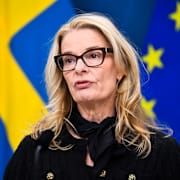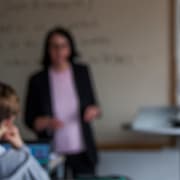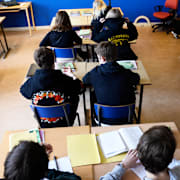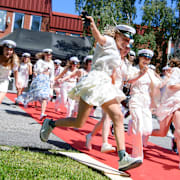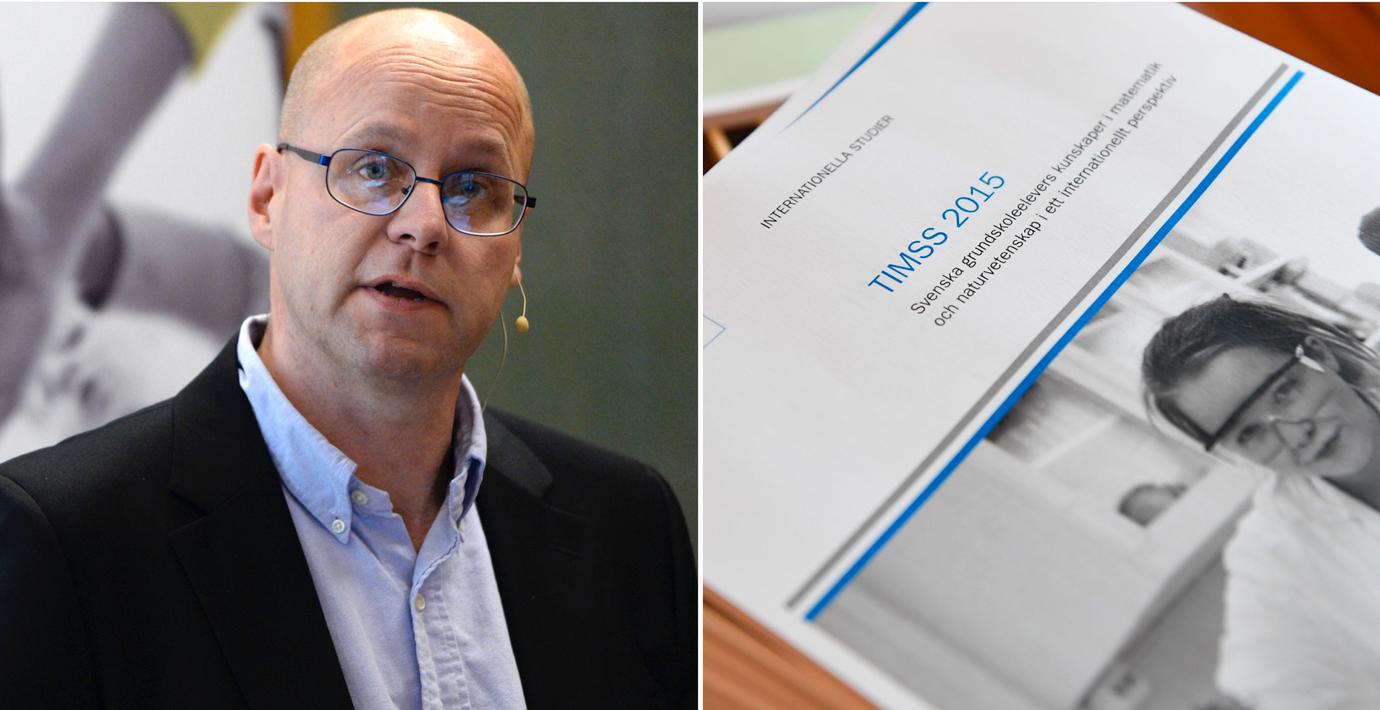
Svenska elever bättre på matte och naturvetenskap
Svenska grundskoleelever har blivit bättre på matte och naturvetenskap, visar den globala kunskapsmätningen Timss.
– Det är ett trendbrott. Det är både stort och glädjande. Eleverna presterar bättre och de har gjort det tillsammans med sina lärare, säger Mikael Halápi, vikarierande generaldirektör på Skolverket.
Resultaten visar att såväl fjärde- som åttondeklassare når en högre snittpoäng i både matematik och naturvetenskap jämfört med den föregående mätningen 2011.
– Men vi har fortfarande en bit kvar till toppresultaten från mitten av 1990-talet, säger Mikael Halápi.
Singapore toppar listorna i båda ämnena och båda årskurserna. Däremot tappar Finland i både naturvetenskap och matematik i årskurs 4.
bakgrund
TIMSS, Trends in International Mathematics and Science Study
Wikipedia (en)
The IEA's Trends in International Mathematics and Science Study (TIMSS) is a series of international assessments of the mathematics and science knowledge of students around the world. The participating students come from a diverse set of educational systems (countries or regional jurisdictions of countries) in terms of economic development, geographical location, and population size. In each of the participating educational systems, a minimum of 4,500 to 5,000 students are evaluated. Furthermore, for each student, contextual data on the learning conditions in mathematics and science are collected from the participating students, their teachers and their principals via separate questionnaires.
TIMSS is one of the studies established by the International Association for the Evaluation of Educational Achievement (IEA) aimed at allowing educational systems to compare students' educational achievement and learn from the experiences of others in designing effective education policy. This study was first conducted in 1995, and has been performed every 4 years thereafter. In most of the cycles the study assesses 4th and 8th grade students. Therefore, some of the participating educational systems have trend data across assessments from 1995 to 2011.
Omni är politiskt obundna och oberoende. Vi strävar efter att ge fler perspektiv på nyheterna. Har du frågor eller synpunkter kring vår rapportering? Kontakta redaktionen
